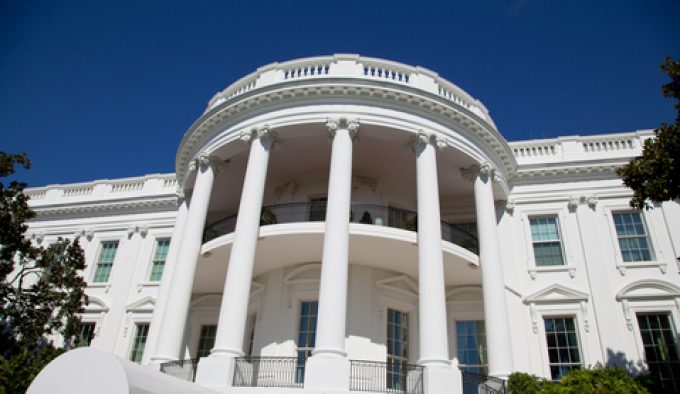White House rejects plea to use legal powers to prevent USEC port strike
An east and Gulf coast port strike is looking increasingly likely today, after the White ...
XPO: BUILDING BLOCKSHLAG: BIG ORDERLINE: REACTIONLINE: EXPENSES AND OPERATING LEVERAGELINE: PIPELINE OF DEALS LINE: DEMAND PATTERNS LINE: LANDSCAPELINE: CONF CALL STARTSDSV: UNTOUCHABLEEXPD: NOT AS BULLISH AS PREVIOUSLYFWRD: SPECULATIVE RALLY MAERSK: INTEGRATED LOGISTICS WIN MAERSK: TRUMP TRADEKNIN: THE SLIDELINE: DEBUT AAPL: ASIA CAPEXDHL: THE HANGOVERXPO: ELECTION DAY RALLY
XPO: BUILDING BLOCKSHLAG: BIG ORDERLINE: REACTIONLINE: EXPENSES AND OPERATING LEVERAGELINE: PIPELINE OF DEALS LINE: DEMAND PATTERNS LINE: LANDSCAPELINE: CONF CALL STARTSDSV: UNTOUCHABLEEXPD: NOT AS BULLISH AS PREVIOUSLYFWRD: SPECULATIVE RALLY MAERSK: INTEGRATED LOGISTICS WIN MAERSK: TRUMP TRADEKNIN: THE SLIDELINE: DEBUT AAPL: ASIA CAPEXDHL: THE HANGOVERXPO: ELECTION DAY RALLY

CNBC reports:
The Inflation Reduction Act, the most aggressive climate investment ever taken by Congress, could cut the social costs of climate change by up to $1.9 trillion by 2050, the White House said in an assessment on Tuesday.
The act, which the president signed into law earlier this month, will reduce costs related to rising temperatures, minimize property damage from sea level rise and other disasters and reduce health impacts such as premature death, the White House said.
The analysis by the Office of Management and Budget, which administers the federal budget, is the first published estimate of avoided climate-related social costs resulting from legislation. The social cost of carbon is an estimate of the economic costs that would occur from a future level of carbon pollution…
To read the full post, please click here.
Comment on this article